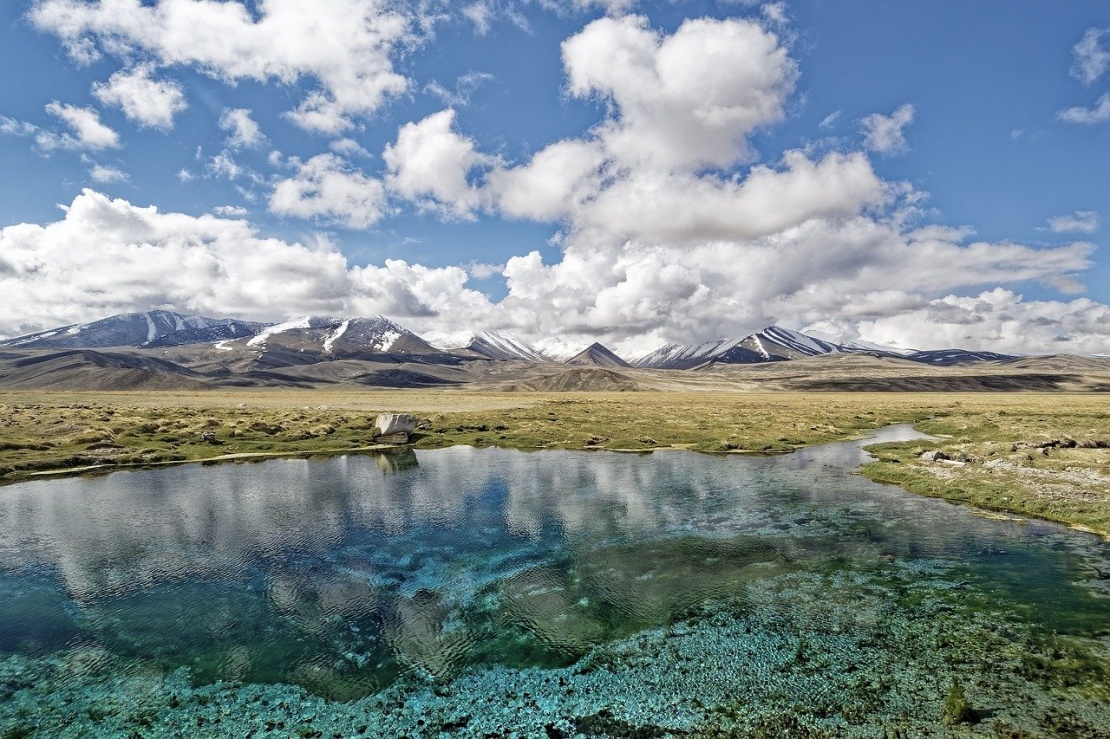
The eighth webinar devoted to key aspects of climate change for Central Asia was held on the WaterCafe information platform on August 13, 2020.
WaterCafe Central Asia is a platform that is a continuation of the initiative of representatives of the World Youth Water Parliament in Central Asia (WYPW) and represents a more expanded updated version of the already accumulated information.
The platform aims to support a group of young water workers from Central Asia and Afghanistan to obtain and exchange information in such areas as cross-border cooperation, education and capacity building, technology and sanitation. The initiative provides an opportunity to convert international scientific knowledge into understandable and straightforward concepts (then translated into Russian for local end-users).
WaterCafè is a new wave of efforts to bridge the gap between international and local water management practices. Aware of the power of words and human relationships, WaterCafè promotes an innovative but delicate approach to foster exchange of views in the Central Asian water expert community.
Zulfiya Suleimenova, Deputy Director of the Department at the Ministry of Ecology, Geology and Natural Resources of the Republic of Kazakhstan, was the webinar speaker. Her presentation covered an essential topic for the country and the region - "Climate change: risks and opportunities for Kazakhstan".
At the beginning of the presentation, the speaker talked about what constitutes climate change, namely, a long-term change in the average annual temperature. Before the start of her performance, Zulfiya introduced the audience to the terms directly related to climate change, such as adaptation, mitigation, etc.
The issue of climate change is crucial for the region and the world as a whole. Zulfiya confirms this by arguing that, according to the WEF's annual Global Risk Survey, hazardous weather issues, failure of adaptation and mitigation measures, and the water crisis have become key agendas over the past decades.
In addition, the presentation touched upon the topic of low-carbon development in Kazakhstan. According to Zulfiya, "one of Kazakhstan's priority tasks in achieving a low-carbon future is to develop a strategy for low-carbon development of the Republic of Kazakhstan for the period up to 2050. The plan is being developed within the framework of the Paris Agreement requirements based on modelling 6 alternative scenarios for the development of Kazakhstan's economy, taking into account the dynamics of policy changes within the country and at the global level. "Also, as part of low-carbon development, the government is further improving the system of trading in quotas for greenhouse gas emissions.
Zulfiya also noted that a systematic approach is needed to solve the problem in the region. She showed this on a diagram of a key agricultural sector for Central Asia. This approach will help identify positive and negative causal relationships, as well as understand what kind of interventions are needed for the industry.
At the end of her speech, Zulfiya recommended books and materials that would allow her to independently and extensively study the issue of climate change. One of the main recommendations made by the speaker was the IPCC Assessment Reports.
____________
![]()